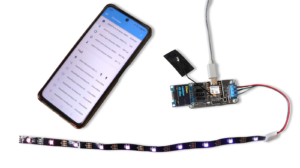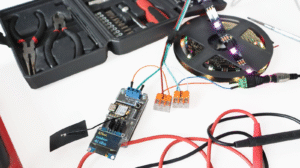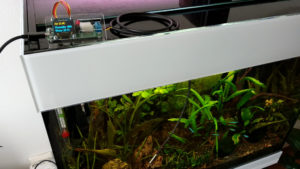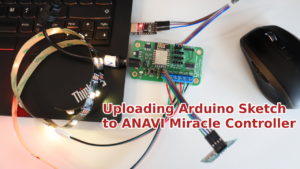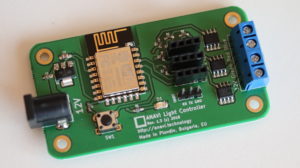
ANAVI Miracle Emitter is an open-source gadget designed for 5V addressable LED strips such as NeoPixels. Powered by the XIAO ESP32C3 module, it combines open-source hardware printed circuit board (PCB) with open-source firmware for home automation and lighting control. ANAVI Miracle Emitter was successfully crowdfunded through Crowd Supply on May 29, 2025. All ANAVI Miracle Emitter kits were delivered to the Crowd Supply warehouse by the end of June and Crowd Supply shipped them to backers. Although ANAVI Miracle Emitter supports the popular open source software WLED, out of the box it comes with our open source firmware written as an Arduino sketch. In this article you will learn how to use Esptool to flash the pre-compiled binary release of the default firmware to ANAVI Miracle Emitter. The same knowledge can be applied to other devices with Espressif ESP32C3 Wi-Fi and BLE SoC.
To install firmware, users can rely on Esptool, a versatile Python-based utility developed by Espressif. Esptool enables reading, writing, and erasing flash memory on ESP8266, ESP32, and RISC-V-based chips like ESP32C3. It supports specifying baud rates, memory addresses, and chip types, and can flash both bootloaders and firmware binaries. Compatible with Linux, Windows, and macOS, the source code of Esptool is available at GitHub under the GPLv2 license and is ideal for low-level control over the flashing process via the command line.
Installing Esptool on Ubuntu
Follow the steps below to install Esptool on Ubuntu 2024.04 LTS:
sudo apt update
sudo apt install python3 pipx -y
pipx install esptool
pipx ensurepathRun Esptool to verify that the installation is successful:
esptool versionFlashing Firmware and Bootloader
Download the precompiled firmware and connect your board via USB-C. Flash both bootloader and firmware using:
esptool.py --chip esp32c3 --port /dev/ttyACM0 --baud 460800 write_flash 0x0 path/to/anavi-miracle-emitter-sw.ino.merged.binUpdating Only the Firmware
To preserve the bootloader, flash only the firmware:
esptool.py --chip esp32c3 --port /dev/ttyACM0 --baud 460800 write_flash 0x10000 path/to/anavi-miracle-emitter-sw.ino.bin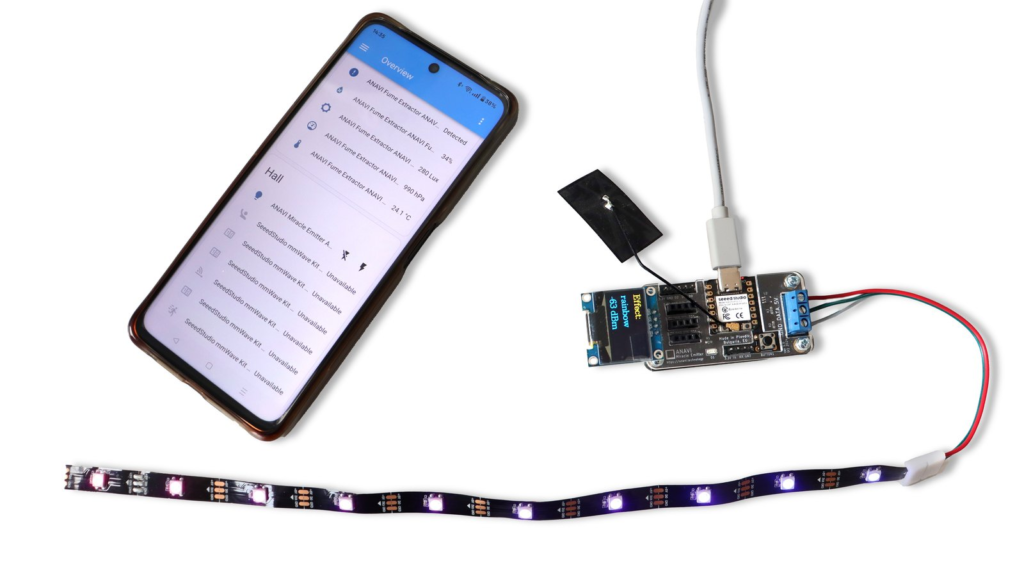
Stay Connected
If you haven’t already, consider purchasing the ANAVI Miracle Emitter to bring your LED projects to life. If you are interested in using Esptool for older devices with ESP8266 have a look at our previous guide from 2020. For more detailed tutorials and updates, subscribe to the YouTube channel.

